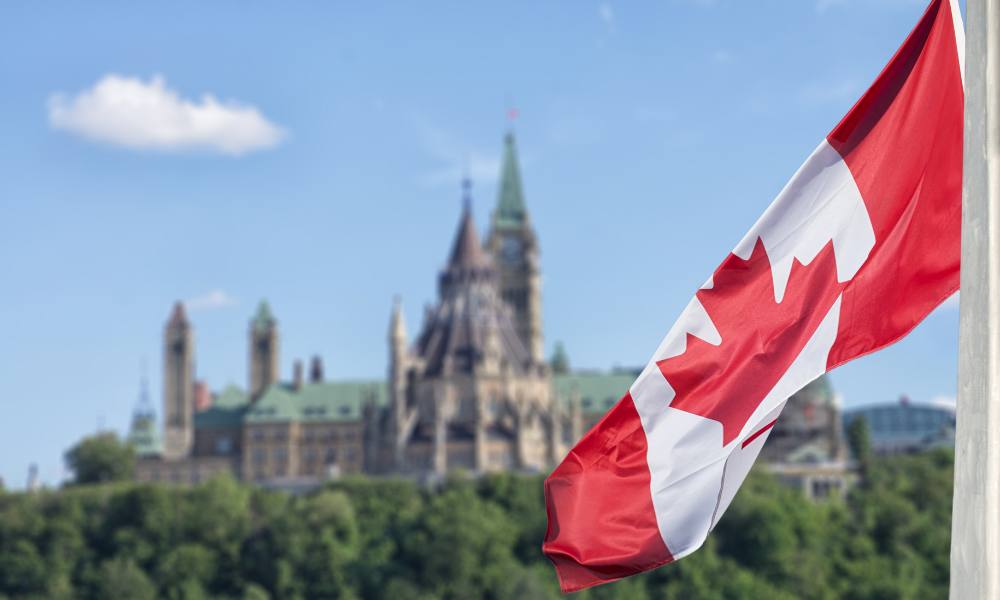CPPIB and Danish funds freeze deals over tax concerns, tariffs, and uncertainty around Greenland

Several major pension funds have stopped or reconsidered their private market investments in the United States, saying they will not resume until the country stabilises following US President Donald Trump’s recent policy actions, Financial Times reported.
The decisions highlight a growing trend among institutional investors to scale back exposure to the US economy, where trade policies have disrupted markets and added pressure on the private capital sector.
Liquidity concerns are mounting in the industry as investors assess risks linked to geopolitical instability and shifting regulations.
Some Canadian pension funds have reduced their US private asset activity due to fears of losing tax breaks on American investments and broader geopolitical tensions.
Canada Pension Plan Investment Board (CPPIB), which manages $699bn in assets, is currently reassessing its approach.
A person familiar with CPPIB’s thinking said the fund remains cautious about its infrastructure exposure in the US because of potential changes to the tax-exempt status granted to foreign government investors and pension plans.
Another individual who recently held discussions with the fund said, “It would be incredibly difficult” for CPPIB to allocate new capital to US private capital funds in the current geopolitical climate.
The fund did not respond to requests for comment.
Despite this, CPPIB continues to hold significant positions in over 50 industrial, retail, office, and residential properties across the US.
By the end of September, it had close to US$50bn committed to US dollar-denominated private equity funds, including those managed by Silver Lake, Carlyle, and Blackstone, as shown in Financial Times’ analysis of public filings.
Another large Canadian pension fund is facing uncertainty over which infrastructure projects the Trump administration considers acceptable, according to a person familiar with its strategy.
“If we don’t get comfortable with investing in the US for six or 12 months, we will reduce dealmaking . . . and then we will consider adjusting our strategy,” the person added.
Some funds, however, expect no change.
Caisse de dépôt et placement du Québec (CDPQ), which holds US$473bn in assets, stated that about half of its private equity portfolio would continue to be invested in the US.
Martin Longchamps, head of private equity and credit at CDPQ, said, “It’s tough to invest everywhere these days — geopolitics has become more complex . . . we intend to stay active in the US.”
But he also noted that “tariff noise makes it harder to evaluate businesses and we have to take that into account until things settle down.”
Meanwhile, some of Denmark’s largest retirement funds have also pulled back from US private equity.
An executive at one of those funds told Financial Times that they had paused new investments due to concerns over political stability and Trump’s statements about taking over Greenland.
“If some private equity funds come by and say ‘we have a great investment in the US’, we will say ‘no thank you, come back in half a year when things are more stable and foreseeable or we will have to take a big discount’,” the executive said.
They described the US approach to Greenland — a semi-autonomous Danish territory — as “very hostile.” The executive added, “It’s difficult to find a happy smile and just say ‘now we start to invest in that country’.”
AkademikerPension, another Danish fund managing €20bn, is also reconsidering its US exposure.
Its chief investment officer, Anders Schelde, told Financial Times he is reviewing the attractiveness of US investments “on a daily basis.”
He said, “Pretty fundamental changes” are under discussion and “could most certainly take us down a road with significantly less strategic exposure to US assets within a half year or so.”
Danish economy minister Stephanie Lose said she was unaware of funds changing their investment approach but acknowledged that “risk and uncertainty” typically drive such decisions.
She said scaling back may be “a side effect of both tariffs and Greenland.”
US markets have seen increased volatility after Trump announced high tariffs against key trade partners, later delaying some of those measures by 90 days.
Diplomatic tensions between Canada and the US have also risen amid those trade disputes and Trump’s suggestion that Canada should become the 51st US state.
Two senior US private equity executives said they had grown concerned about the hesitancy of Canadian investors to commit to their funds.
While capital flows have not yet been affected, they said Trump’s aggressive stance towards Canada had angered some, and political pressure may soon be placed on Canadian pensions to limit new US investments.



